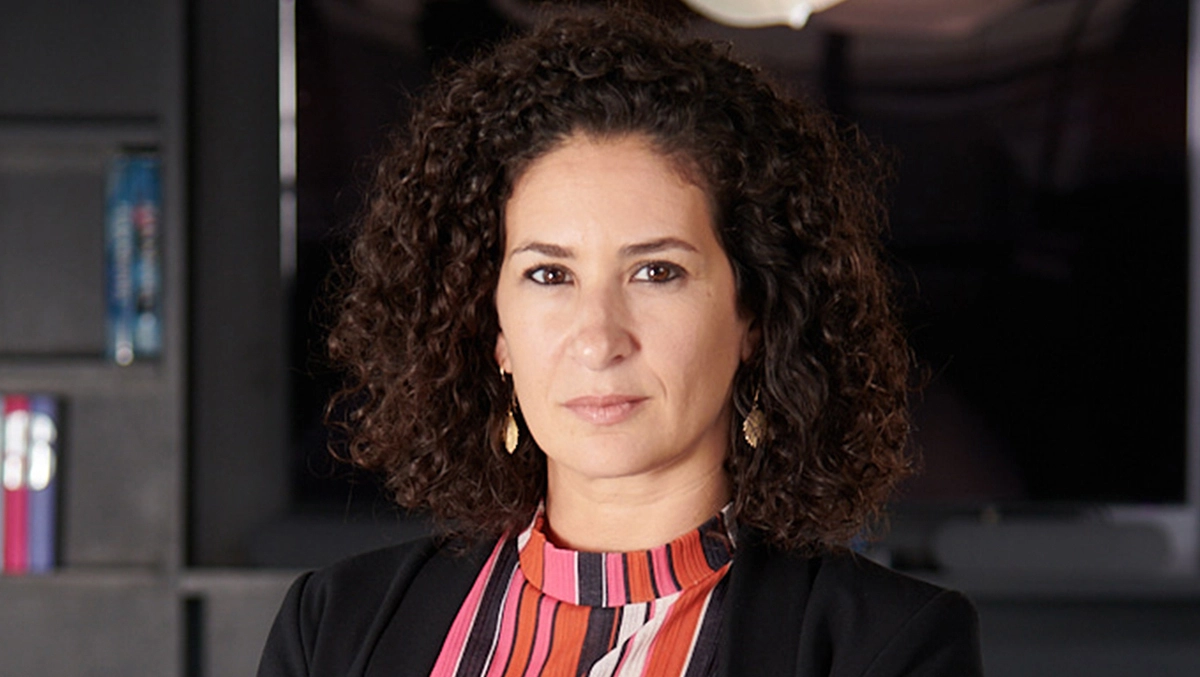
IWD 2024: Finance and Tech: the double jeopardy for women?
It's no secret Finance is a male dominated sector. Tech is no better. If a woman is choosing a career in Fintech, does that mean she's in double jeopardy? Sure, women are still facing difficulties like gender bias, lack of representation or unequal pay. They are also under-represented in positions of leadership. But the situation is changing. More than that, now could be the best time for women to position themselves in this field due to a combination of situational factors and a (business-oriented) will to diversify the workforce.
While women are increasingly represented in the finance market, accessing leadership positions remains a challenge. In 2023, the share of women in global C-suite roles within financial services reached only 18.4%. In the tech sector, the situation is even worse—women represent less than 30% of the workforce, and half of them leave by the age of 35. Consequently, the share of women leaders in tech didn't exceed 14% in the same year.
Beyond these statistics that may seem pessimistic, the context is improving for several reasons.
First and foremost, generational shifts and evolving mindsets are contributing to positive change. Men are increasingly concerned about their work-life balance. According to a global survey conducted by the Boston Consulting Group (BCG) in 2019, 92% of men rated work-life balance as an important factor in their overall job satisfaction. Just like women, achieving a healthy balance between work and personal life is a significant consideration for men in their career choices and overall well-being. Institutional support for this aspiration tends to reduce discrimination against women, who have historically been disadvantaged for their perceive lack of reliability compared to their male colleagues. Ultimately, the burden of balancing work and family life will fall on both men and women, fostering a more equitable environment.
Secondly, when your performance is measured based on your ability to convince clients, changes at the senior decision-making level can be instrumental. As I embarked on my career as a consultant, I encountered challenges when engaging with CTOs in large organizations. It often felt more difficult for me, as a woman, to be truly heard and to make a significant impact compared to my male colleagues. Later, as I specialized in finance, I observed similar challenges when interacting with CFOs. However, today, I believe there's hope—a new generation of leaders, including both CTOs and CFOs, is emerging. While they are still predominantly male, they no longer perpetuate such differences. This positive shift makes it easier for women to succeed in their roles.
Of course, it's not enough. Change will come from both below and above. We must continue making the finance and tech sectors more inviting and inclusive for women. Additionally, women can take action through sponsorships. Women's networks, for example, can be incredibly powerful if they focus on creating business opportunities, sharing best practices, and fostering connections with leaders. In other words, making women in Fintech more numerous and impactful!